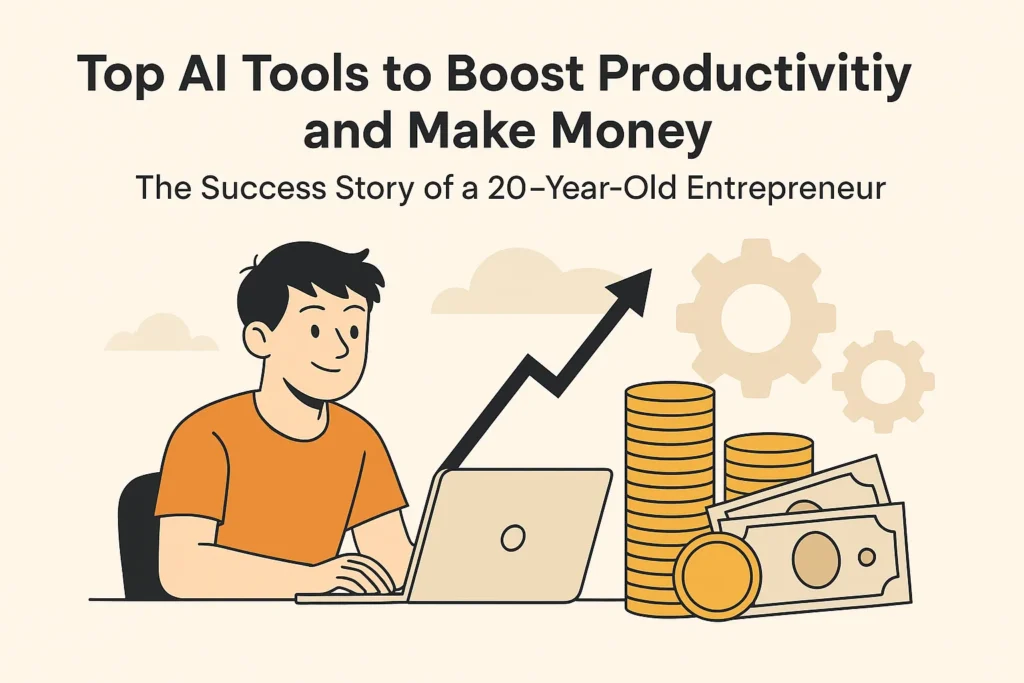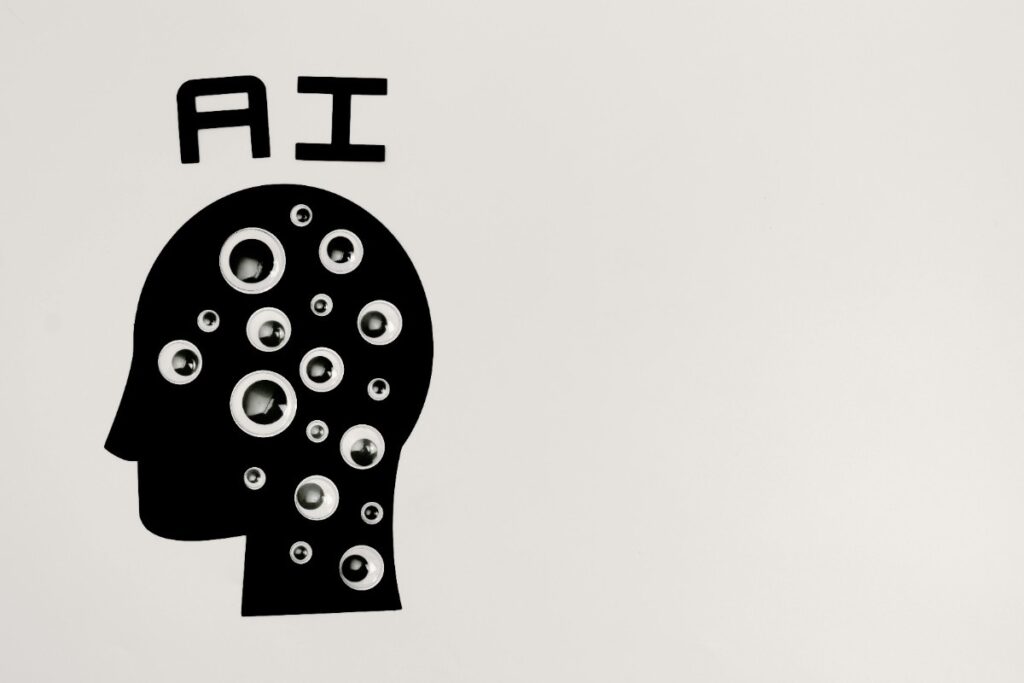Introduction
Artificial Intelligence (AI) and AI Data Science are transforming the way we understand and interact with data. AI enables machines to learn from data, while Data Science focuses on extracting meaningful insights from vast datasets. Together, they empower industries to make informed decisions, automate processes, and predict future trends. From healthcare diagnostics to financial forecasting, the synergy between AI and Data Science is driving innovation and efficiency across various sectors. Embracing this dynamic duo is essential for staying competitive in today’s data-driven world.
Defining AI and Data Science
Artificial Intelligence (AI) enables machines to mimic human intelligence, while Data Science focuses on extracting insights from data. AI uses algorithms to learn from data, and Data Science employs statistical methods to analyze it. Together, they form a powerful duo that drives innovation across industries, from healthcare to finance. Understanding their synergy is key to unlocking the potential of data-driven decision-making.
Core Skills for AI Data Scientists
To excel in AI and Data Science, one must master programming languages like Python and R, understand statistics and probability, and be proficient in machine learning techniques. Skills in data visualization and communication are also crucial for conveying insights effectively. Continuous learning and adaptability are essential in this ever-evolving field.Coursera
Tools and Technologies in AI Data Science
AI Data Scientists utilize tools like TensorFlow and PyTorch for building models, and platforms like Tableau for data visualization. Cloud services such as AWS and Google Cloud provide scalable infrastructure for data processing. Staying updated with the latest technologies ensures efficiency and competitiveness in the field.
Applications of AI in Data Science
AI enhances Data Science by enabling predictive analytics, natural language processing, and image recognition. These applications are transforming industries—improving patient care in healthcare, optimizing supply chains in logistics, and personalizing customer experiences in retail. The integration of AI into Data Science is revolutionizing how businesses operate.

Career Pathways and Opportunities
The fusion of AI and Data Science opens diverse career paths, including roles like Machine Learning Engineer, Data Analyst, and AI Researcher. Industries such as finance, healthcare, and technology are actively seeking professionals with these skills. Pursuing certifications and advanced degrees can further enhance job prospects.
Ethical Considerations in AI Data Science
As AI systems influence critical decisions, ethical considerations become paramount. Issues like data privacy, algorithmic bias, and transparency must be addressed to build trust. Implementing ethical frameworks and conducting regular audits are essential steps toward responsible AI deployment.
Future Trends and Emerging Technologies
The future of AI and Data Science is marked by advancements in areas like quantum computing, edge AI, and automated machine learning. These technologies promise to accelerate data processing and model training, opening new frontiers in research and application. Staying abreast of these trends is vital for professionals in the field.University of the Cumberlands
Conclusion
The convergence of AI and Data Science is reshaping the technological landscape, offering unprecedented opportunities for innovation and growth. By acquiring the necessary skills, embracing ethical practices, and staying informed about emerging trends, individuals and organizations can harness the full potential of this dynamic duo. The journey into AI and Data Science is not just a career choice—it’s a step into the future.
FAQs
What is Artificial Intelligence (AI)?
Answer: Artificial Intelligence (AI) refers to the simulation of human intelligence in machines programmed to think, learn, and problem-solve. AI encompasses various technologies, including machine learning, natural language processing, and robotics, enabling systems to perform tasks that typically require human cognition.
How does AI relate to Data Science?
AI and Data Science are closely intertwined. Data Science involves extracting insights from data, while AI applies algorithms and models to make predictions or decisions. Together, they enable organizations to analyze vast amounts of data and automate processes, leading to more informed decision-making and enhanced efficiency.
What skills are essential for a career in AI and Data Science?
Key skills include proficiency in programming languages like Python and R, a solid understanding of statistics and mathematics, expertise in machine learning algorithms, data wrangling capabilities, and the ability to communicate findings effectively through data visualization.
What tools are commonly used in AI and Data Science?
Common tools include Python libraries such as Pandas, NumPy, and Scikit-learn for data manipulation and analysis, TensorFlow and PyTorch for machine learning, Tableau and Matplotlib for data visualization, and SQL for database management.

